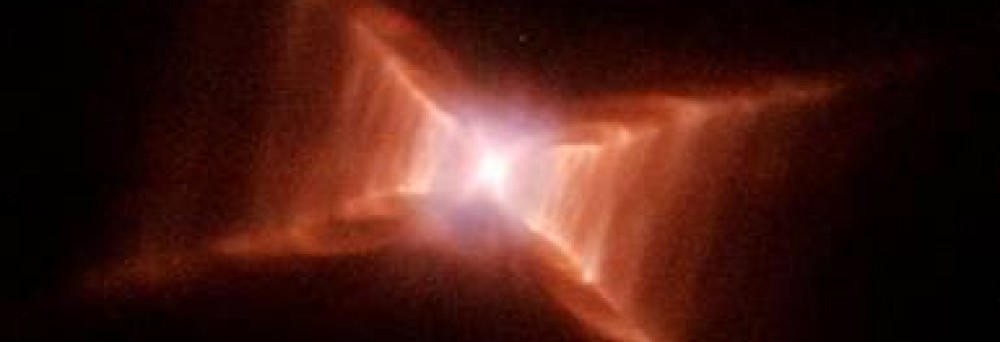Alfred Frankenstein, in spite of his unfortunate name, was a highly respected 20th century classical musicologist, art critic and teacher. From 1934 to 1965, he worked for the San Francisco Chronicle writing reviews of local music and art happenings. Mr. Frankenstein was not immune to the tremendous artistic upheavals of his time, which may be why he was so appreciative of “In C.” He was a strong supporter of the avant garde happenings at the San Francisco Tape Music Center and he gave the Center some great publicity.
Mr. Frankenstein attended the second performance of “In C.” It is noted in a number of interviews with people in attendance that he was quite excited by Terry Riley’s work and had many questions about his creative techniques. The headline of his review has become an iconic descriptor associated with “In C.” Here is the review in its entirety:
-
Music Like None Other in the World
Terry Riley, who got his training as a composer in the Bay Region, is back after several years in Europe, and he reported in to the local public in a concert Friday night at The San Francisco Tape Center. During his sojourn abroad he has developed a style like that of no one else on earth, and he is bound to make a profound impression with it.
He uses a variety of structural devices., but they all seem to eventuate in much the same effect. He begins with very simple melodic material, restricted in compass to only a few notes. This is very simply harmonized at least at the start. The rhythms are as axiomatic as the other elements, the tempo is brisk and rigidly unchanging, and the volume level is consistently loud.
This primitivistic music goes on and on. It is formidably repetitious, but harmonic changes are slowly introduced into it; there are melodic variations and contrasts of rhythm within a framework of relentless continuity, and climaxes of great sonority and high complexity appear and are dissolved in the endlessness.
At times you feel you have never done anything all your life long but listen to this music and as if that is all there is or all there ever will be, but it is altogether absorbing, exciting, and moving, too. One is reminded of the efforts of Carlos Chavez to reconstitute the ceremonial music of pre-Columbian Mexico. Terry Riley may have captured more of its spirit than Chavez did. Not that the pre-Columbian analogy is Riley’s ultimate value.
The style discussed here reached its peak in a piece for instrumental ensemble called “In C,” which stayed on C for the better part of an hour but left one refreshed rather than satiated. Riley does other things, too. A piece called “I” turned out to be a dramatic sketch based entirely on inflections of the perpendicular pronoun as taped by John Graham. This was furthest from the manner of “In C.” But “In C” was the evening’s masterpiece and I hope the same group does it again.
According to Robert Carl, Mr. Frankenstein’s review of “In C” had great historical impact. For one, this group of experimental composers recieved recognition from a well-known member of the “classical establishment.” Secondly, Mr. Frankenstein articulated key elements of this “new” music that would later come to be referred to as “minimalism.” He identified simple, constricted harmonies and rhythms, repetition, a fast and steady tempo, and little deviance from the dynamic of loud. Finally, Frankenstein compares the work to that of a great 20th Century composer, Carlos Chavez, thus placing Terry Riley and “In C” into a “classical context.” Carl suggests that Frankenstein’s review likely lit the way for the inclusion of “In C” in this pretigious Oxford University Press series.

Thanks. Pleased to have found your fascinating blog. I’ll be back to explore further. Regards from Thom at the immortal jukebox.
LikeLike